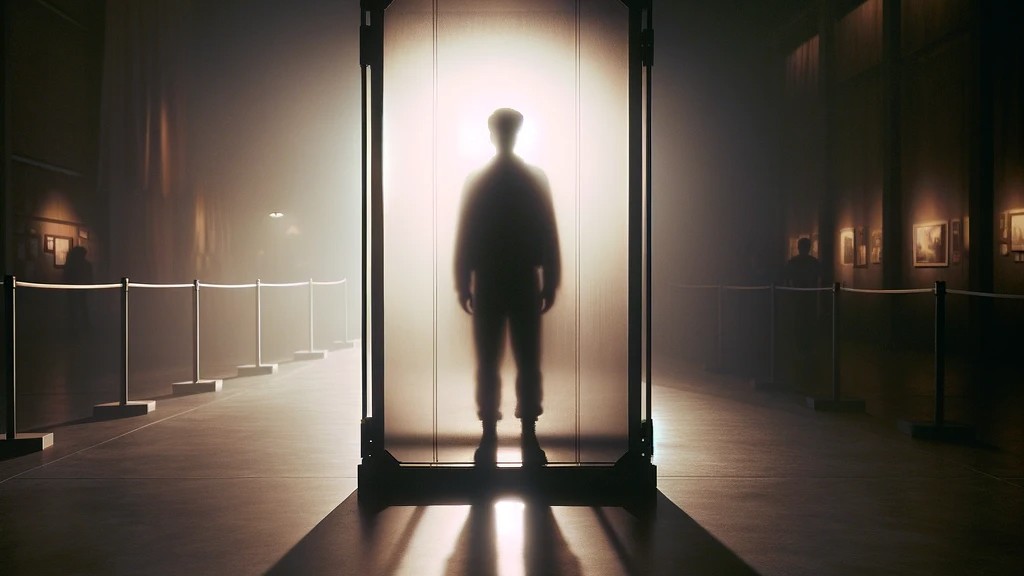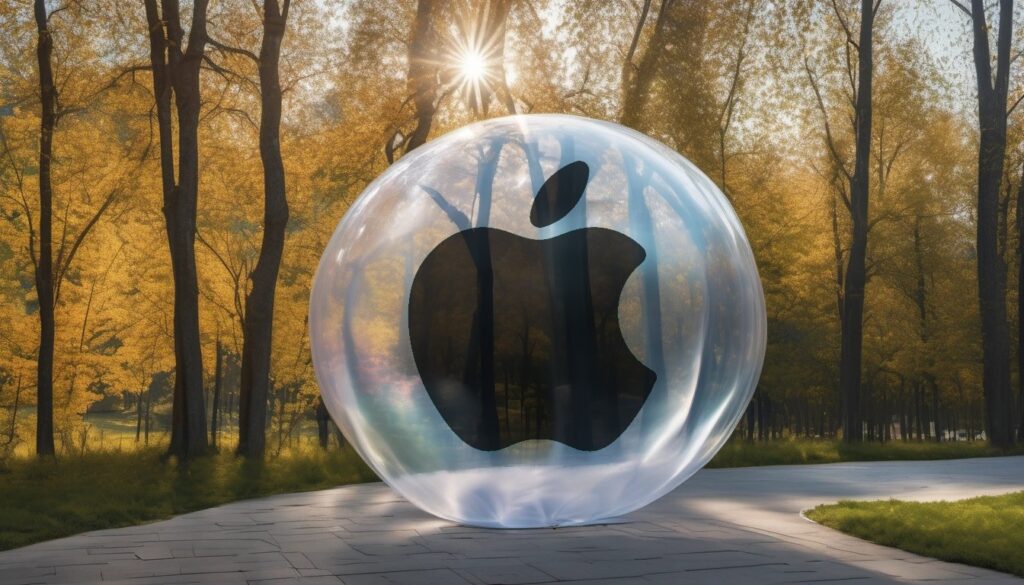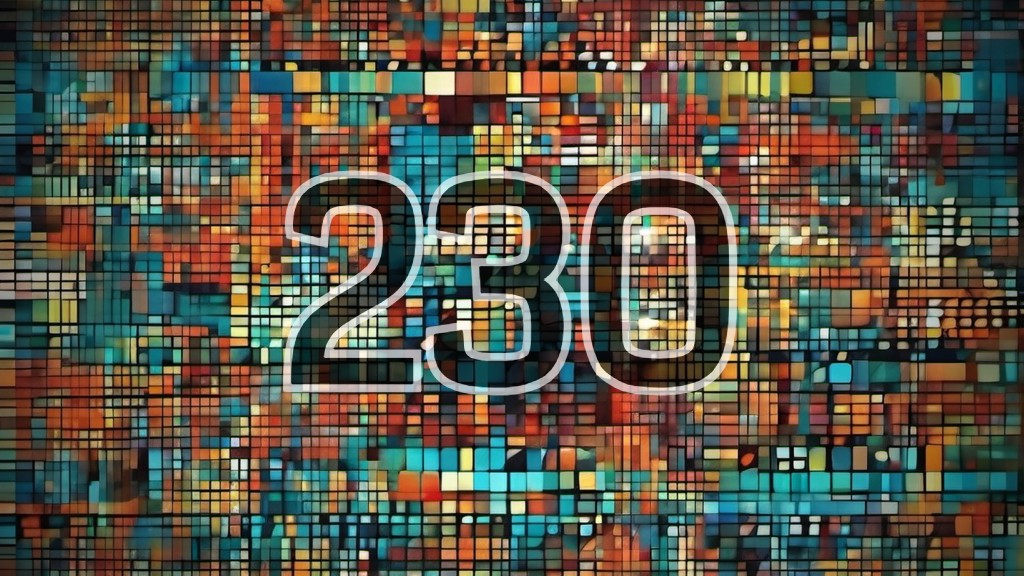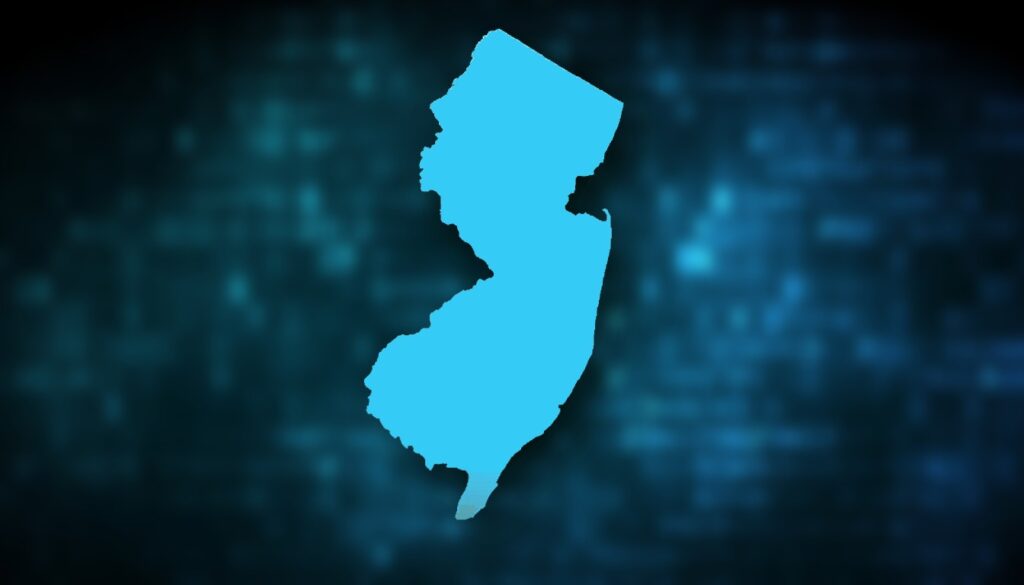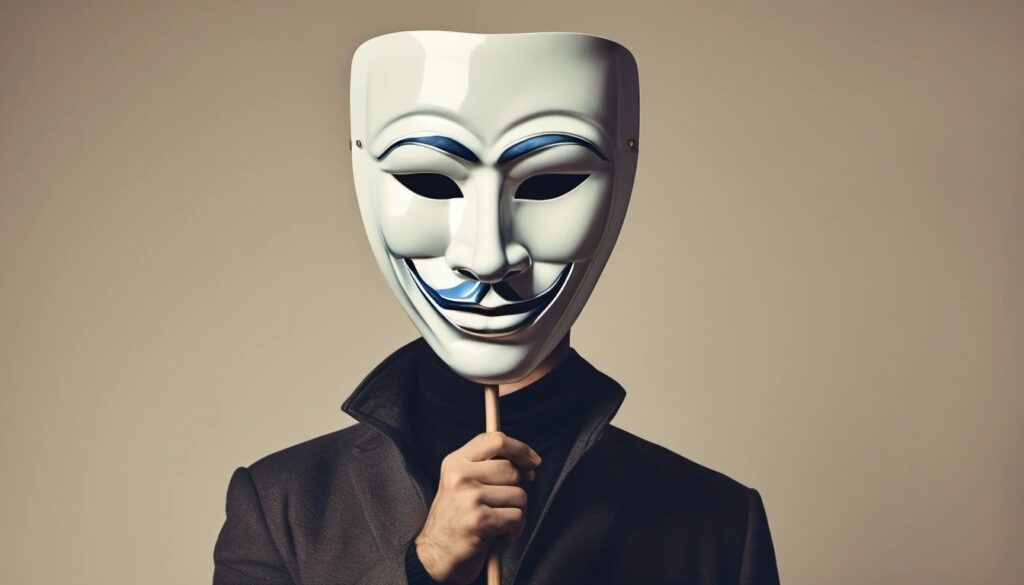
Eastern sued Herbalife for breach of the “Mutual Non-Disclosure Agreement” into which the parties had entered. Eastern claimed Herbalife breached the agreement by disclosing Eastern’s confidential information to a competitor. Herbalife moved for summary judgment on Eastern’s claim for breach of the NDA. The court granted the summary judgment motion.
Was there trickery in drafting?
The NDA in many respects read like an NDA that would bind both parties to protect the other party’s confidential information. Its title contained the word “mutual”. It referred to a “Disclosing Party” and a “Receiving Party”. And it defined “Confidential Information” not by referring to the parties by name, but by saying that Confidential Information was comprised of certain information that the Disclosing Party makes available to the Receiving Party. So on quick glance, one might think it bound both parties to protect the other’s information.
But one critical feature of the agreement was fatal to Eastern’s claim. The word “Disclosing Party” was defined to include only Herbalife.
But what about other parts of the agreement?
Eastern argued that the parties intended the NDA to be mutually binding by pointing to the title of the agreement, references to the obligations of the “Parties”, and discussion of the remedies section which discussed remedies to which a “non-breaching party” would be entitled. Eastern argued that these instances of language showed that a remedy for breach should not be considered as available only for Herbalife.
Plain definitions prevailed
The court rejected Eastern’s argument, looking at the plain language of the agreement and noting that the general references that Eastern emphasized did not “vitiate” the NDA’s express definitions of “Disclosing Party” and “Confidential Information”.
Herbalife Int’l of America, Inc. v. Eastern Computer Exchange Inc., 2024 WL 1158344 (C.D. Cal., March 18, 2024)
See also:




